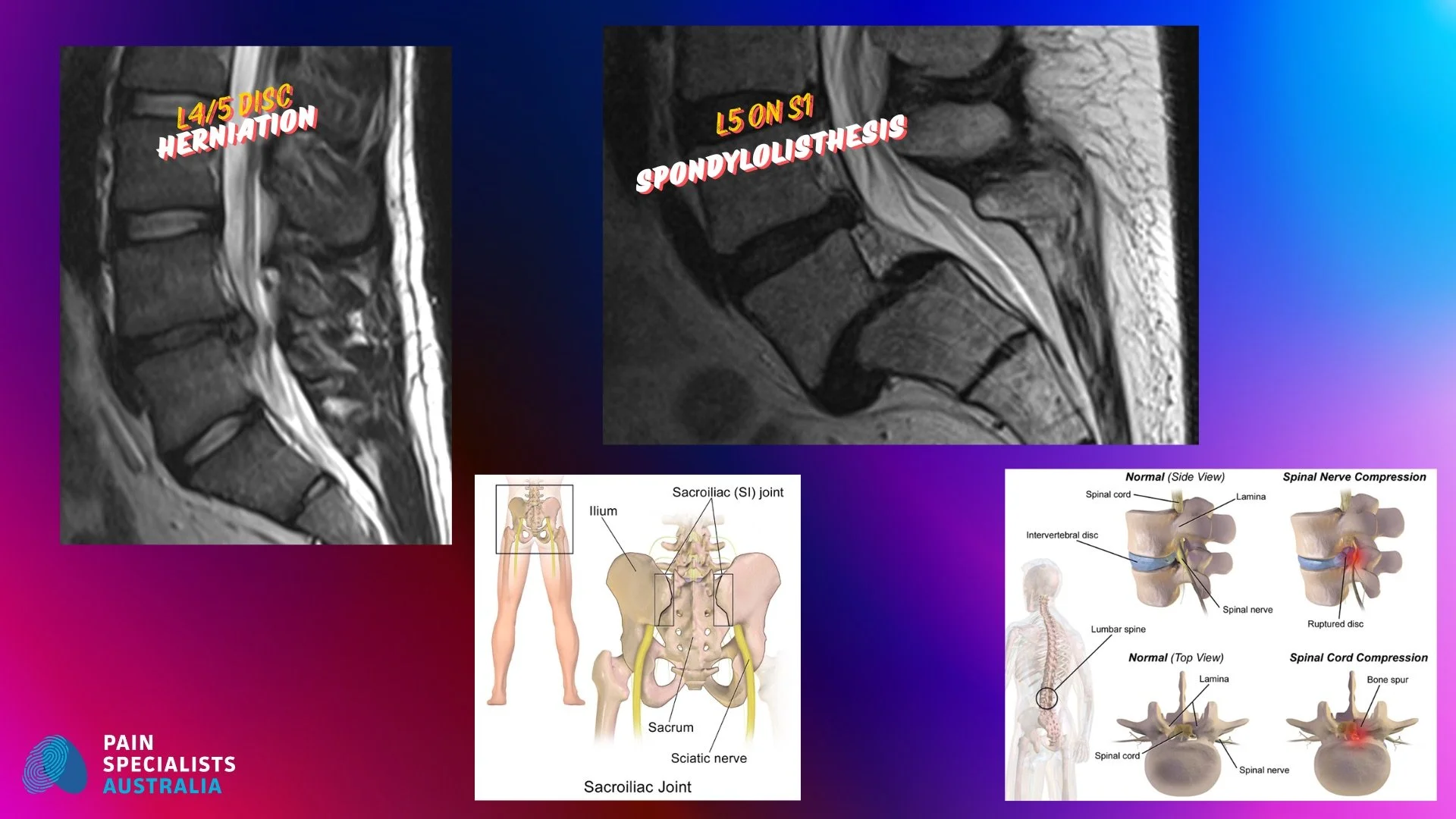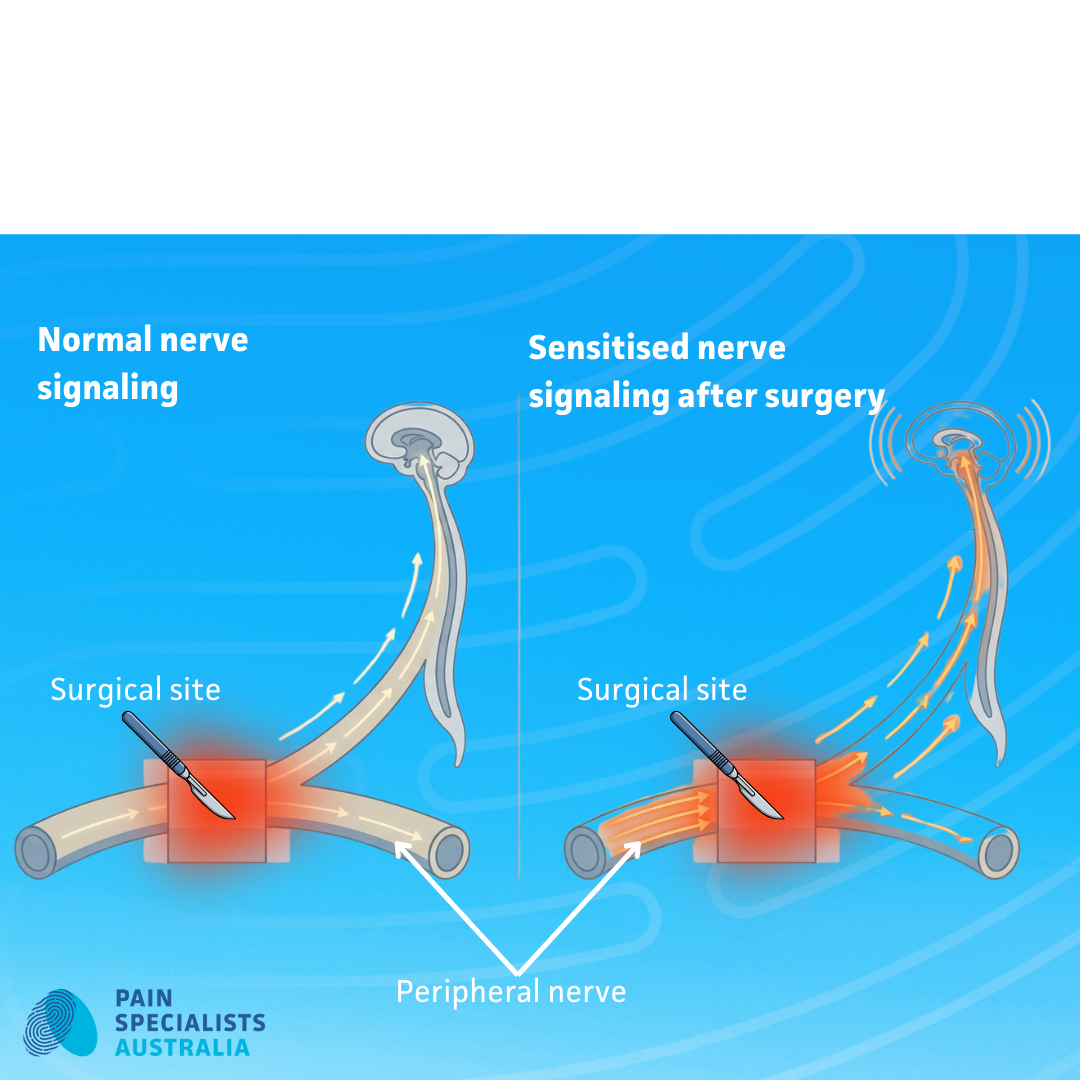Choosing the right pain clinic is important and can change the entire course of your pain journey.
People can tolerate pain longer than they should, but what often breaks them is not being believed, being rushed, or being told to “try this and come back later” without a clear diagnosis or plan.
If you are comparing pain clinics in Melbourne, one question matters more than any other:
Will I get a proper diagnosis and a clear treatment plan delivered by an experienced and committed pain specialist or will I be left waiting without direction?







